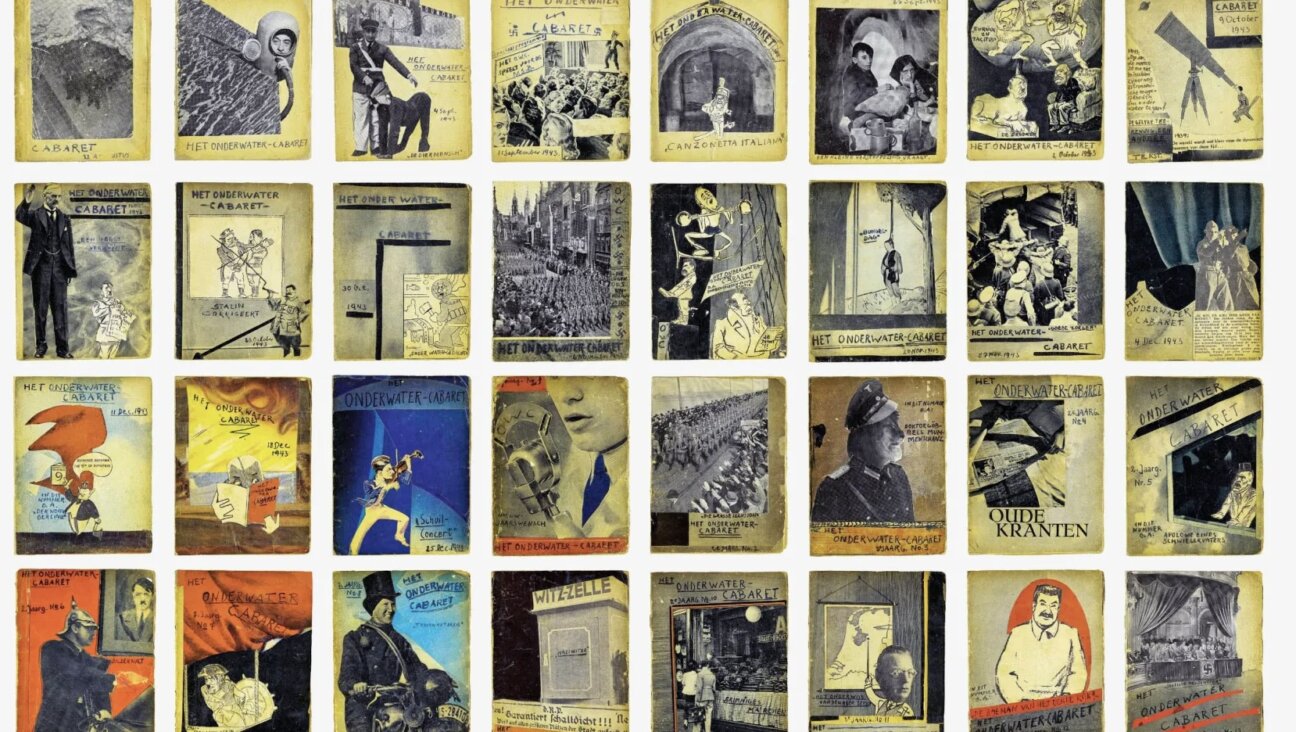The Unbearable Sadness of Being Robin Williams

The Saddest of Clowns: Behind Robin Williams’s mania lurked unremitting sadness. Image by Getty Images
From the beginning of his career straight through to the end, Robin Williams was a superstar, an unavoidable cultural presence, yet when I attempt to conjure memories of his performances, I don’t compulsively recite famous punchlines or stream emblematic bits in my head, not at first. It takes a second before that ribbity “nanu nanu” comes to mind, before I can see him climbing on that chair to inspire the moody young boys in his charge or stretching out his good morning to Viet Nam like taffy.
What comes to mind first is a vibration, a jittery disturbance in air. Then, the rapid barrage of non-sequitorial verbiage, the quick crosscuts and doublebacks of his comedic style. The way he could tell fifteen jokes at once, seemingly making them all up as he went along. The faces that, however funny, seemed to express genuine, excruciating pain.
He was more like a consciousness exploding outward than a comedian in the traditional sense. He seemed, on stage, to be compulsively ridding himself of the hyper-kinetic thoughts that tormented him, not because of their content, but because they just refused to shut up. It’s no wonder the guy did so much cocaine. He was cocaine incarnate. The first time he tried the drug he must have thought, finally, someone who understands what it’s like to be stuck inside this galloping, bucking mind of mine. At his best, he obliterated sense, and we in the audience weren’t engaged by his insights, we were instead gawking at the spectacle of his being.
Robin Williams wasn’t the kind of comedian who, like Richard Pryor or John Belushi or his other blazingly angry peers, projected a thematically, politically or culturally coherent vision of the world through his work. But despite the expectations America places on its celebrities, he wasn’t blandly inoffensive like Whoopi Goldberg or Billy Crystal either. No matter how rich he became or how drenched in the anesthetizing perfume of celebrity, I never got the sense that he felt content or even proud of his accomplishments. His need came from a primal, animal place in him that couldn’t be inoculated by acclaim.
All clowns are sad, but he was among the saddest.
Maybe that’s why his “serious” work sometimes had the whiff of sentimentality. Behind the mania lurked unremitting sadness and when sadness is packaged for mass consumption it inevitably ends up being translated into the duplicitous language of “hope” and “the human spirit.” To present it as what it truly is risks alienating the audience.
To me, the image of Robin Williams that overwhelms all the others is the expression that peeked through when, in the midst of one of his frantic comedy routines, he’d inevitably pause to gulp down a breath. He’d search the crowd for approval, and then, having found what he was looking for, something else would pass through him. A blankness. A vision of a possible future, of failure, maybe, and the unendurable emptiness that would come next. Then he’d rev himself up again and fill the stage with sparks, the supernova that precedes a black hole.
Joshua Furst is a contributing editor of the Forward.















